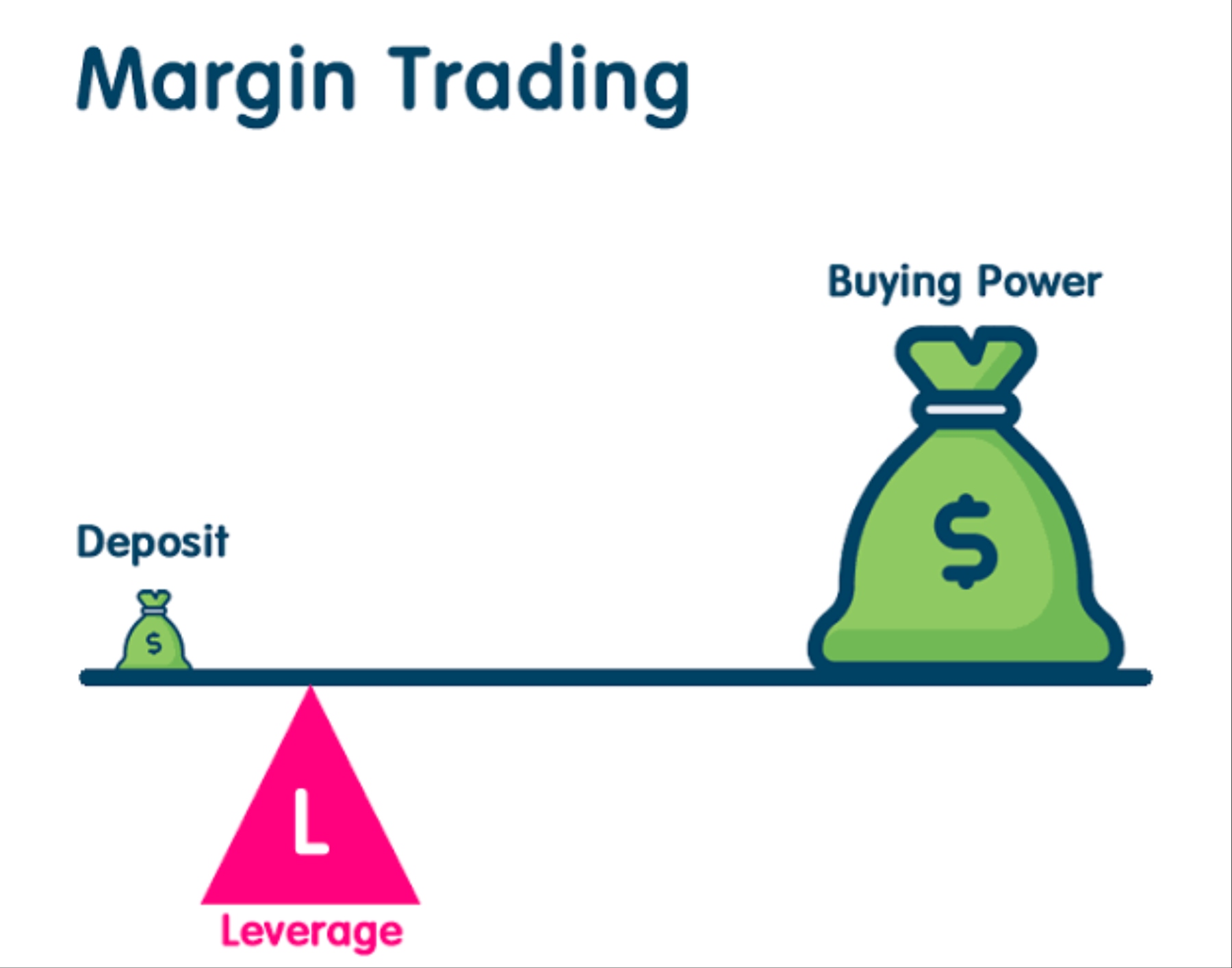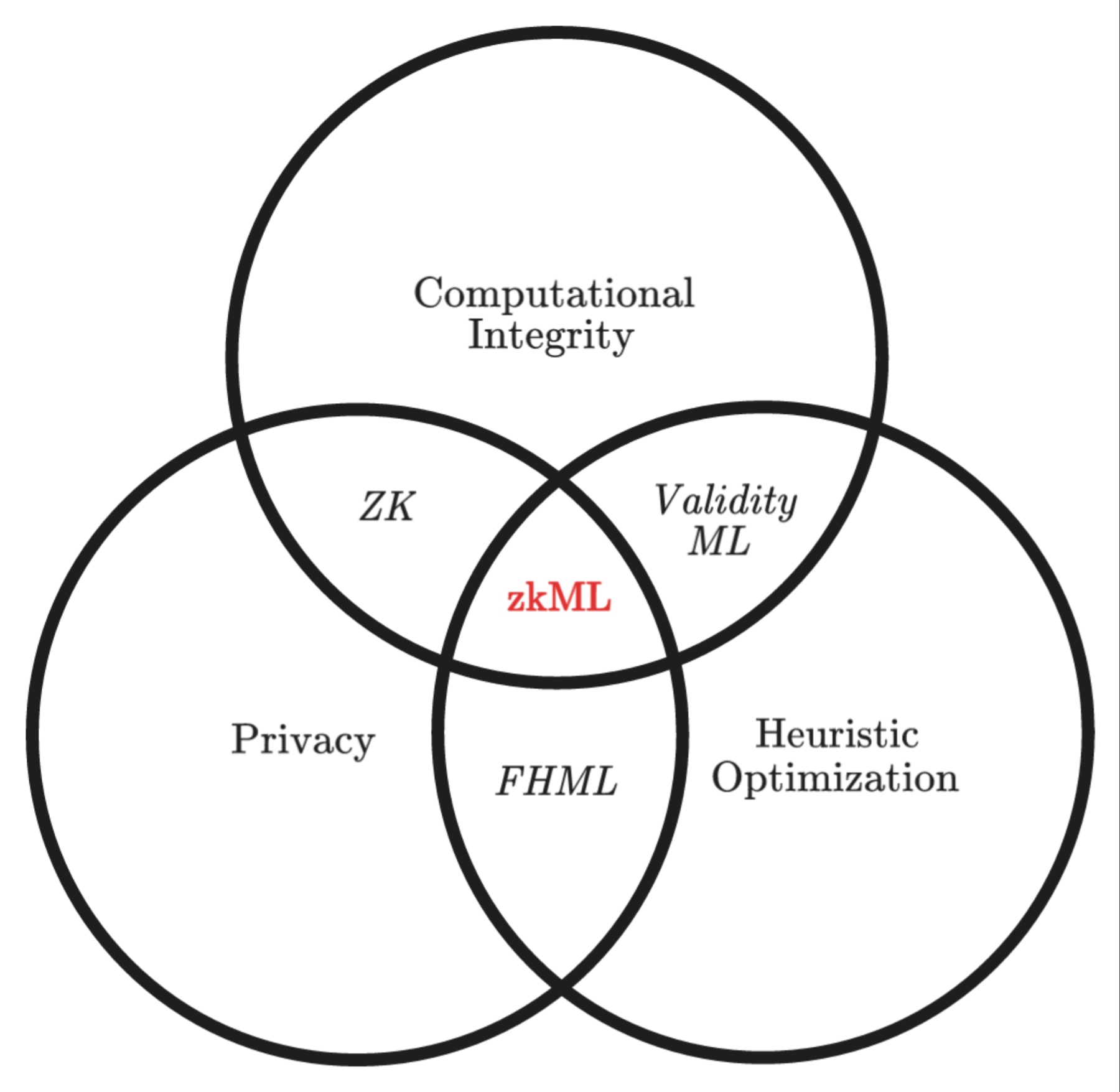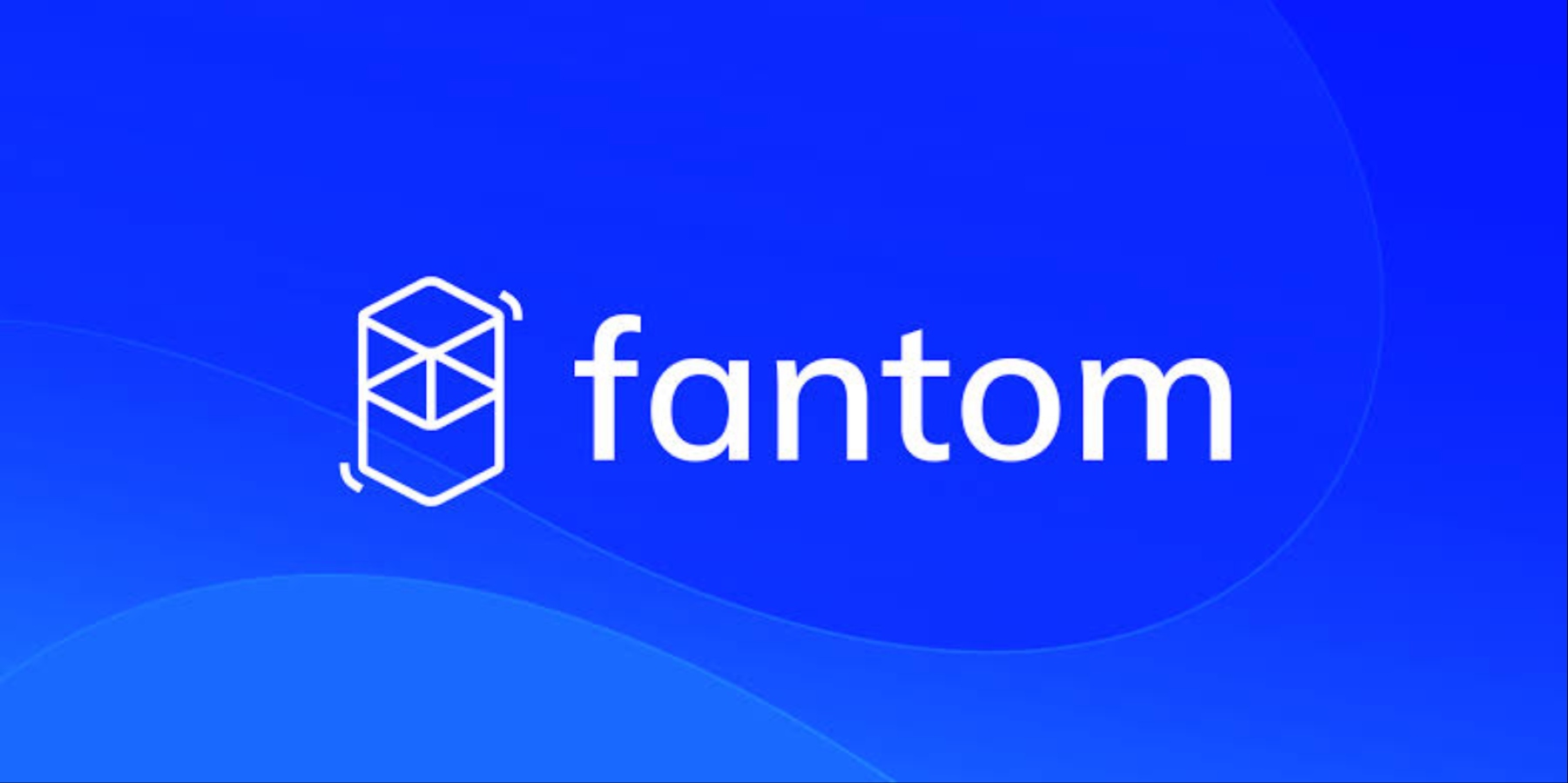Borderless Cairo Bootcamp with Starknet
StarkNet is a blockchain-based platform which has emerged as a game-changer in this space. It offers an ecosystem that enables developers to build, deploy, and scale dApps in a secure and cost-effective manner.
It is designed to enhance the speed and affordability of Ethereum transactions.
It has hundreds of DApps, services and wallets ranging from DeFi, NFT’s, DAO, GameFi, etc. live on the mainnet which includes AlmanacNFT, 10KSwap, Argent X, Astarion, AW Research, briq, Carbonable, etc.
Starknet was developed by StarkWare Industries, an Israel-based blockchain firm, to scale Ethereum. It launched fully in February 2022 as a permissionless Layer 2 network, allowing anyone to build decentralized applications or dapps on it. StarkWare also developed another platform called StarkEx, which has been live since June 2020, but it is a permissioned network tailored to the specific requirements of DApps.
Founded in 2018, StarkWare is backed by high-profile investors, including Sequoia Capital, Paradigm and Coatue. The company was valued at $8 billion when it raised $100 million in a Series D funding round in May 2022. StarkWare has raised a total of $261 million in funding to date.
Starknet is set to have its native token called STRK, which is expected to unlock in April 2024. StarkWare deployed the STRK token on Ethereum in November 2022. The total supply of STRK tokens is ten billion, and STRK will be used for covering transaction fees, governance and staking within the Starknet network.
The Foundation is governed by a board of seven directors, with multidisciplinary backgrounds from across the world.
In short:
•Eli Ben-Sasson — StarkWare co-founder/President, co-inventor of STARKs
•Uri Kolodny — StarkWare co-founder and CEO
•Andrew McLaughlin — Tech policy, digital rights, entrepreneur, and community self-governance expert
•Eric Wall — Independent blockchain researcher and thought leader
•Heather Meeker — Expert on open-source software licensing
•Shubhangi Saraf — Professor of math and theoretical computer science, and core contributor to the math underpinning STARKs
•Tomasz Stanczak — Blockchain engineer and leader and CEO of Nethermind, one of the largest teams building on Starknet
Starknet is a decentralized layer-2 network that enables Ethereum to scale securely and dapps(decentralized applications) to achieve unlimited scale for transactions and computation.
Starknet also is a Validity-Rollup (aka ZK-Rollup) Layer 2 network that operates on top of Ethereum, enabling dApps to massively scale without compromising on security.
It achieves this by bundling transactions into an off-chain computed STARK proof. This proof is then submitted to Ethereum as a single transaction, resulting in significantly higher throughput, faster processing times, and much lower costs, all while retaining the robust security of the Ethereum settlement layer.
-How Starknet Scales Ethereum:
Blockchains aim to achieve three core attributes: security, decentralization, and scalability. In the blockchain world, a well-known trilemma is that it's possible to achieve only two of these concurrently in a given system, inevitably requiring a compromise on the third. Ethereum places a higher emphasis on security and decentralization, impacting its scalability. Growth in the number of Ethereum users leads to slow transaction speeds and high gas prices, hindering Ethereum’s widespread adoption.
•How can we make Ethereum scalable without undermining its security and decentralization? This is where the Starknet Validity Rollup comes in. Combining Ethereum and Starknet achieves massive scalability.
Starknet achieves scale by shifting transaction processing off the Ethereum Mainnet (what we call off-chain) while retaining a summary of the transactions onchain. Transactions are grouped in batches into blocks, processed off-chain, and then summarized into a single onchain transaction. Since transactions occur off-chain, it's vital to ensure the integrity of the transactions and their execution without having to re-execute them. Starknet addresses this by employing STARK (Scalable, Transparent ARgument of Knowledge) proofs for verifiable computation. Starknet then transmits only essential information about the block and the proof to Ethereum, where it is verified with minimal computational effort.
-The Starknet Sequencer:
The first core component of Starknet is the Starknet Sequencer. Sequencers take on the pivotal role of overseeing the validation and execution of transactions and proposing blocks. Their primary function involves grouping transactions and processing them as a collective entity. The unsuccessful transactions are flagged and held back by the Sequencer, allowing only the successful ones to move forward and get included in a block. Starknet’s sequencers can handle substantially more transactions per second than Ethereum nodes.
-The Starknet Prover:
The Prover establishes the mathematical validity of the block's transactions by generating a STARK proof, thus ensuring its integrity. Blocks are organized into groups and processed concurrently. During this phase, the Prover documents each step of transaction execution, creating what is known as the Execution Trace, along with tracking the resultant changes in the system's state, termed the State Diff.
An algorithm then meticulously blows up and mixes data from the Execution Trace. This step brings any issues to the forefront, as even a single instance of bad data contaminates the entire expanded dataset, making any issues unmissable. The Prover then selects a set of random samples from this blown-up data to create the STARK proof. This STARK proof asserts the validity of thousands of transactions.
The StarkNet developers ecosystem is a comprehensive platform that provides resources, tools, and support for developers working with StarkNet.
Here is an overview of the various components of the ecosystem:
1. Documentation: StarkNet offers extensive documentation that covers all aspects of development, including technical specifications, guides, and tutorials. This documentation helps developers understand the architecture, features, and functionalities of StarkNet.
2. Tutorials and Examples: StarkNet provides step-by-step tutorials and code examples to help developers learn how to build and deploy dApps on the platform. These resources cover a wide range of topics, from basic concepts to advanced techniques.
3. Developer Tools: StarkNet offers a set of developer tools that assist in the development and testing of applications. These tools include compilers, debuggers, and simulators, which help streamline the development process and ensure the quality of the code.
4. SDKs and Libraries: StarkNet provides software development kits (SDKs) and libraries that simplify the integration of StarkNet into existing development workflows. These SDKs and libraries offer pre-built components and APIs, making it easier for developers to leverage the capabilities of StarkNet.
5. Community and Support: StarkNet has an active community of developers who share their knowledge, ask questions, and provide support to each other. The community includes forums, chat groups, and social media channels where developers can connect, collaborate, and seek assistance.
6. Grants and Funding: StarkNet offers developer grants and funding opportunities to support innovative projects and ideas. These grants provide financial assistance and resources to developers who are working on building impactful applications on the platform.
Overall, the StarkNet developers ecosystem aims to provide a comprehensive and supportive environment for developers to build and deploy scalable and efficient dApps.
Starknet stands out in the Layer 2 landscape with its unique architecture, calling for specialized development tools that cater to its distinct ecosystem. While Starknet’s initial toolset was Python-centric, there’s a notable shift towards Rust-based utilities, expanding the versatility and efficiency for developers.
Essential Tools for Starknet Developers:
1. Starkli: The Command-Line Powerhouse Starkli is a Rust-written CLI for Starknet, designed to be user-friendly and independent. Ideal for simple interactions like transaction submissions, Starkli is maintained by Jonathan Lei from zkLend. It integrates with smart wallets like Braavos and Argent X and supports RPC endpoints. Its features include class hash computation, message encoding, and multi-call functionalities.
2. SDKs: Gateway to Starknet’s Capabilities SDKs are libraries that simplify blockchain interactions, handling API calls, account creation, and contract transactions. Starknet offers SDKs in multiple languages to suit developers’ preferences, such as starknet.js for JavaScript, starknet.py for Python, starknet-rs for Rust, and starknet-go for Go.
3. Starknet-devnet: Local Network Simulation Developed by Shardlabs, starknet-devnet allows developers to run a local Starknet node, facilitating rapid development and testing. The Rust-based version, starknet-devnet-rs, offers speed and is actively developed with new features, including pre-funded accounts for fee payments.
4. Katana: Accelerated Local Testing Created by the Dojo team, Katana is a high-speed devnet aimed at supporting local development. It’s equipped with RPC methods for flexible network configuration and adheres to the latest Starknet JSON-RPC specifications.
5. Scarb: The Cairo Package Manager As Starknet’s official package manager, Scarb simplifies installing Cairo packages and managing dependencies. Maintained by Software Mansion, it includes a built-in Cairo compiler and language server, harmonizing well with other Cairo ecosystem tools.
6. Starknet Foundry: The Complete Smart Contract Suite Starknet Foundry, maintained by Software Mansion, is a comprehensive toolkit for smart contract development. It features Forge for fast testing, support for in-contract prints, integrated compiling, and the Cast CLI for Starknet RPC calls.
7. Hardhat Plugin: Cairo Code Testing Hardhat is a renowned Ethereum development environment, and Shardlabs’ plugin extends its capabilities to Starknet. It’s perfect for developers familiar with JavaScript and Ethereum, offering integration with a local devnet for Starknet contract testing.
8. Starknet Remix Plugin: Browser-Based IDE Nethermind’s Starknet Remix plugin enables the use of Remix, a browser-based IDE, for Starknet smart contract development. It supports contract deployment on various networks, function calls for deployed contracts, and integrates with block explorers for transaction verification.
Starknet’s diverse range of development tools ensures that developers have access to robust, efficient, and user-friendly resources, catering to different stages of the development lifecycle. Whether it’s local testing, contract deployment, or learning Cairo, Starknet’s toolset is equipped to handle the needs of its growing community.
These and much more you’d learn and be a part of at the Borderless Cairo Bootcamp.
Register now to Attend! Also check us out on X.



